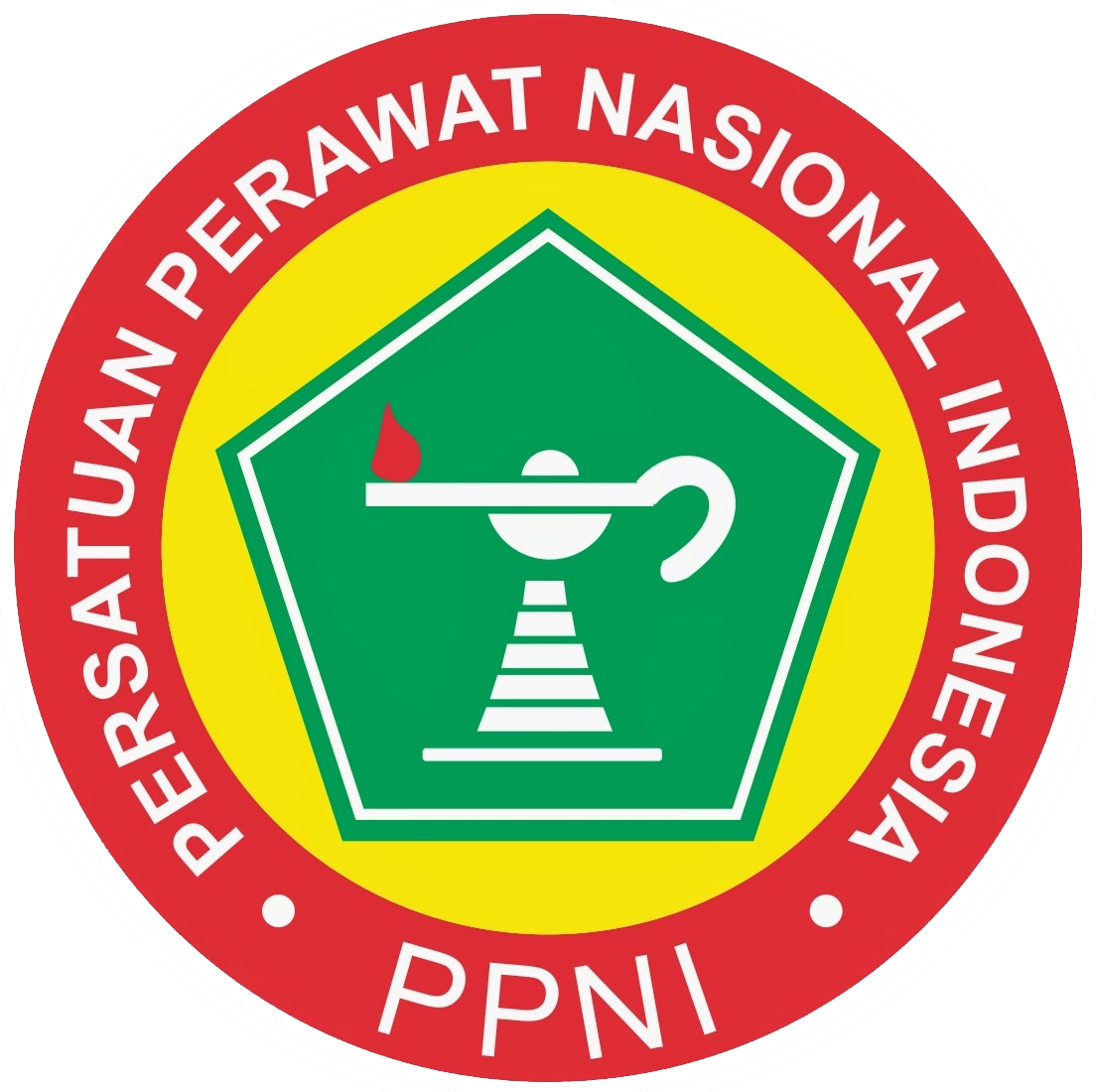INCREASING CONFIDENCE FOR THE BLIND WITH BRAILE DARE OR TRUTH CARD GAMES IN MUHAMMADIYAH SCHOOL OF DIFABLE JOMBANG
Abstract
Keywords
Full Text:
PDFReferences
Adywibowo. (2010). Memperkuat Kepercayaan Diri Anak Melalui Percakapan Referensial. Jurnal Pendidikan.
Efriyanti, R., & Sumaryanti, S. (2016). Pengembangan model permainan untuk pembelajaran kinestetik pada anak tunanetra. Jurnal Keolahragaan, 4(1), 74.
https://doi.org/10.21831/jk.v4i1.8134
Fitri, E., Zola, N., & Ifdil, I. (2018). Profil Kepercayaan Diri Remaja serta Faktor-Faktor yang Mempengaruhi. JPPI (Jurnal Penelitian Pendidikan Indonesia), 4(1), 1. https://doi.org/10.29210/02017182
Praptaningrum, A. (2020). Penerapan Bahan Ajar Audio Untuk Anak Tunanetra Tingkat SMP di Indonesia. Jurnal Teknologi Pendidikan, 5(1), 1–19.
http://139.59.120.216/index.php/jtp/article/view/2849/1978
Rahayu, W. & Martini. (2019). Penggunaan Media Permainan Truth Or Dare pada Materi Ekskresi Manusia untuk Meningkatkan Hasil Belajar Peserta Didik di SMP Negeri 3 Sidoarjo. Jurnal Pendidikan Sains, 7(2), 279-283.
Rahmawati, H. K. (2018). Kegiatan Pengembangan Diri Dalam Menggali Potensi Anak Tunanetra Di Panti Tunanetra Aisyiyah Ponorogo. KONSELING EDUKASI “Journal of Guidance and Counseling,” 2(1), 98–116. https://doi.org/10.21043/konseling.v2i1.4463
Wulandari, R. P. & Fauziah, K. (2020). Transfer Pengetahuan Pengajar Tunanetra. Jurnal Dokumentasi dan Informasi, 42 (2), 227–242. DOI:https://doi.org/10.14203/j.baca.v41i2.543
DOI: https://doi.org/10.21776/ub.caringjpm.2021.001.02.2
Refbacks
- There are currently no refbacks.
Copyright (c) 2021 Caring : Jurnal Pengabdian Masyarakat

This work is licensed under a Creative Commons Attribution 4.0 International License.
 Media Online
Media Online Media Cetak
Media Cetak











